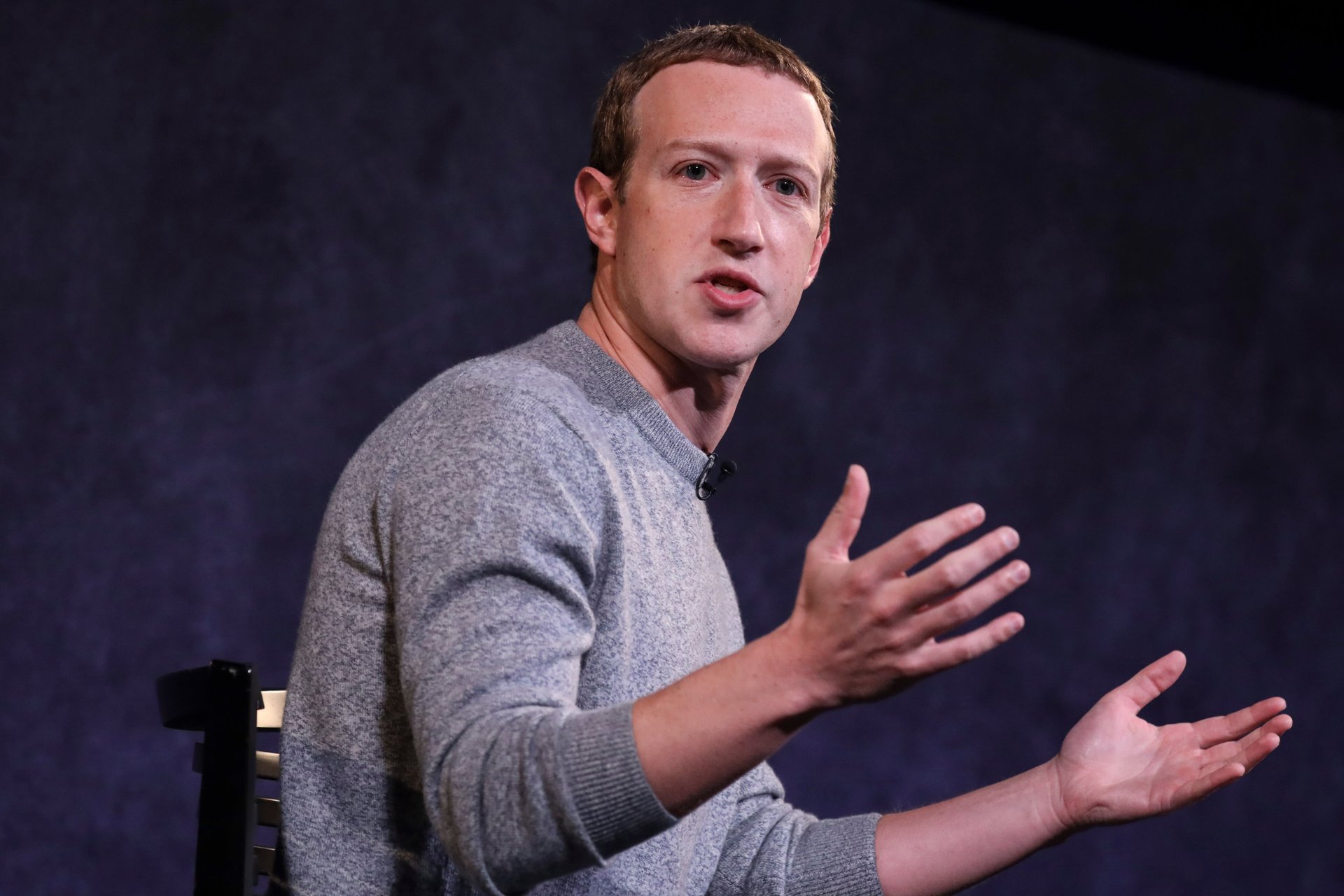Mark Zuckerberg says Meta AI already has 500 million monthly active users: Highlights from Meta Connect
The Meta CEO unveiled the company's futuristic tech at its annual event

Meta (META) founder and CEO Mark Zuckerberg unveiled a slate of devices and artificial intelligence features at the company’s annual Connect conference Wednesday.
Suggested Reading
During his keynote address at the company’s headquarters in Menlo Park, California, Zuckerberg said Meta AI is on track to become the most-used AI assistant in the world by the end of this year, with almost 500 million monthly active users as of today.
Related Content
“Meta AI differentiates itself in this category by not just offering state-of-the-art AI models but also unlimited access to those models for free, integrated easily into our different products and apps,” he said.
Meta added the AI assistant to its popular social media platforms, including Instagram and Facebook, in April.
One of the biggest additions to Meta AI is the new natural voice tool, where users can verbally ask the assistant questions and receive responses from famous voices, including John Cena, Judi Dench, Kristen Bell, Keegan-Michael Key, and Awkwafina. The feature will be rolled out on Instagram, WhatsApp, Messenger, and Facebook starting Wednesday.
Llama 3.2
Zuckerberg announced Llama 3.2, Meta’s first open-source, multimodal large language model (LLM). The CEO said that the AI industry has reached an inflection point and that Llama has become “something of an industry standard.”
“It’s sort of like the Linux of AI, and we’re seeing closed-source labs react by trying to slash their prices to compete with Llama,” he said. The new model will be available everywhere except the European Union.
Facebook parent Meta has gone all in on AI, investing billions into the technology. The company’s total spending is expected to hit between $35 billion and $40 billion in 2024, driven in large part by burgeoning AI costs, according to JPMorgan Chase (JPM) analyst Doug Anmuth. That figure could reach $42 billion next year.
Smart Glasses
There were also AI updates to Meta’s second iteration of its Ray-Ban (ESLOF) smart glasses. These include the ability to speak to Meta AI more naturally — without having to say, “Hey, Meta” to ask follow-up questions. Users also won’t have to say “look and tell me” before asking the glasses a question about their surroundings. Other features include the ability to scan QR codes, text, and numbers and to carry out real-time translations.
Zuckerberg unveiled a limited-edition model of the glasses that’s transparent, to show off the tech inside.
Meta first announced it was adding its Meta AI feature to the smart glasses in March. Adding artificial intelligence features to its smart glasses is one of the ways Meta has sought to position itself as a contender in the AI race.
While Meta hasn’t revealed sales figures for the glasses, Ray-Ban parent company EssilorLuxottica CEO Francesco Milleri said the newest iteration sold more in a few months than the first generation did in two years.
Orion
Connect keynote audiences got a first glimpse of Orion, the first fully functioning prototype of “the most advanced glasses the world has ever seen.” The black, thick-framed glasses have holographic augmented reality, which overlays a hologram over a wearer’s surroundings that they can interact with.
“This is the physical world with holograms overlaid on it,” Zuckerberg said. “So if someone messages you, you will see that, and instead of having to pull out your phone, there will just be a little hologram. And with a few subtle gestures, you can reply without getting pulled away from the moment.”
The prototypes also have what’s known as a neural interface, which allows wearers to send a signal from their brain to their device without needing to use their voice or gestures.
While Meta has achieved most of the goals it had set out for the program, there are still a few things that still need to be fine-tuned before shipping out to consumers, Zuckerberg said. That includes making the frames thinner and more wearable, as well as more affordable.
Meta Quest 3S
The latest iteration of the company’s mixed reality goggles, Meta Quest 3S, will retail for only $299. Pre-orders open Wednesday, and shipping begins Oct. 15.
“The bottom line here is that Quest 3S is the best family of mixed-reality devices out there — period,” Zuckerberg said.
Zuckerberg also introduced a reworked Instagram and Facebook to use with the goggles. He said Meta has been working with Microsoft (MSFT) to upgrade the remote desktop, allowing the goggles to connect to any Windows 11 PC.
Augmented reality has been an area of focus for the company since it pivoted toward the futuristic technology in 2021. But it has also been a money suck for the tech giant — its metaverse unit, Reality Labs, lost $8.3 billion in the first half of this year, the company’s second-quarter earnings report shows. Meta said it expects losses from the segment to “increase meaningfully” from a year ago. It lost $16 billion in 2023.
